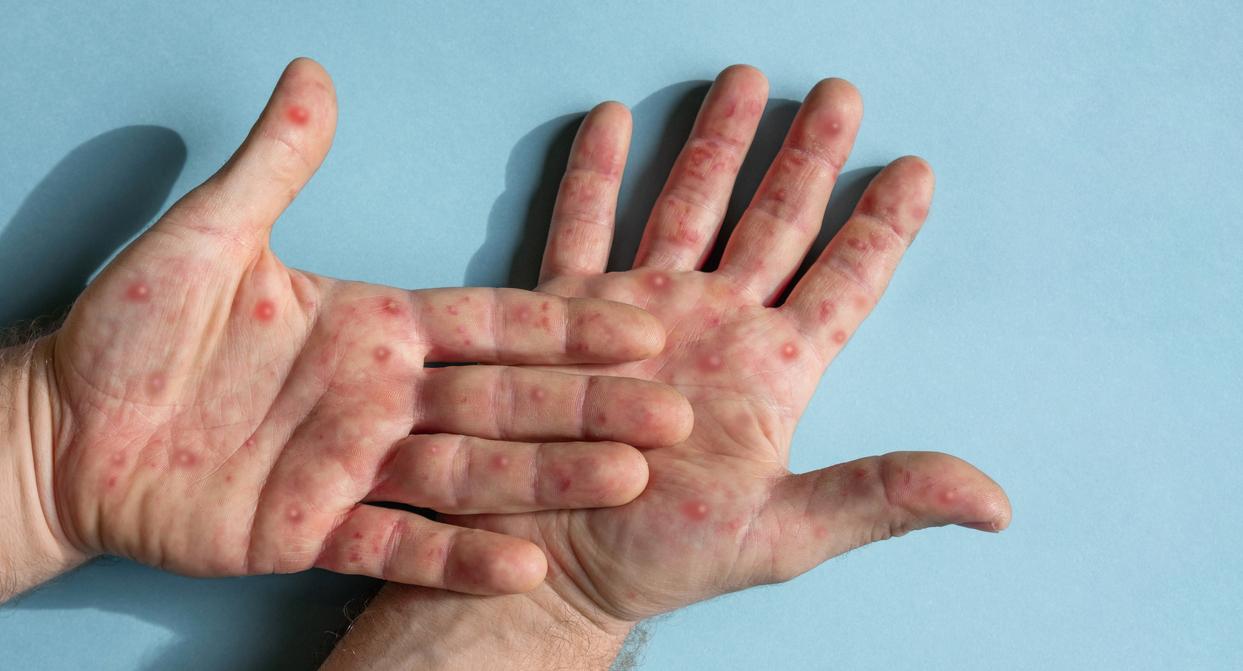New data today from the European Centre for Disease Prevention and Control (ECDC) highlights the continuing challenge that healthcare-associated infections (HAIs) and antibiotic resistance pose for the continent's hospitals.
Data from the third ECDC point-prevalence survey (PPS), which included 1,332 acute care hospitals in 28 European Union/European Economic Area (EU/EEA) countries and three western Balkan countries (Kosovo, Montenegro, and Serbia), showed that an estimated 4.3 million patients acquired at least one HAI per year in 2022 and 2023. Nearly a third of those HAIs (29.3%) were respiratory tract infections, including pneumonia and healthcare-associated COVID-19.
The other most frequent types of HAI were urinary tract infections (19.2%), surgical-site infections (16.1%), bloodstream infections (11.9%), and gastrointestinal infections (9.5%). Intensive care unit patients, hematology/bone marrow transplant patients, and burn patients were at the highest risk of acquiring an HAI.
More concerningly, among microbiologically documented HAIs, 32% of microorganisms detected were resistant to antimicrobials. The survey also found that 35.5% of patients received an antimicrobial during their hospital stay, compared with 32.9% in the ECDC's previous PPS in 2016-2017. The estimated number of patients receiving an antimicrobial on any given day was 390,957.
More stewardship, infection prevention and control called for
Prolonged antimicrobial prophylaxis and frequent use of broad-spectrum antibiotics were cited as priority targets for future antimicrobial stewardship efforts. The report also recommends increased infection prevention and control staffing levels, improved hand hygiene, isolation for patients with certain microorganisms, and implementation of preventive measures for COVID-19 and other viral respiratory infections to help reduce HAIs.
"These recent numbers highlight the need for further action to mitigate this threat," ECDC director Andrea Ammon said in a press release. "By prioritizing infection prevention and control policies and practices, as well as antimicrobial stewardship and improving surveillance, we can effectively combat the spread of these infections and protect the health of patients across the EU/EEA."














